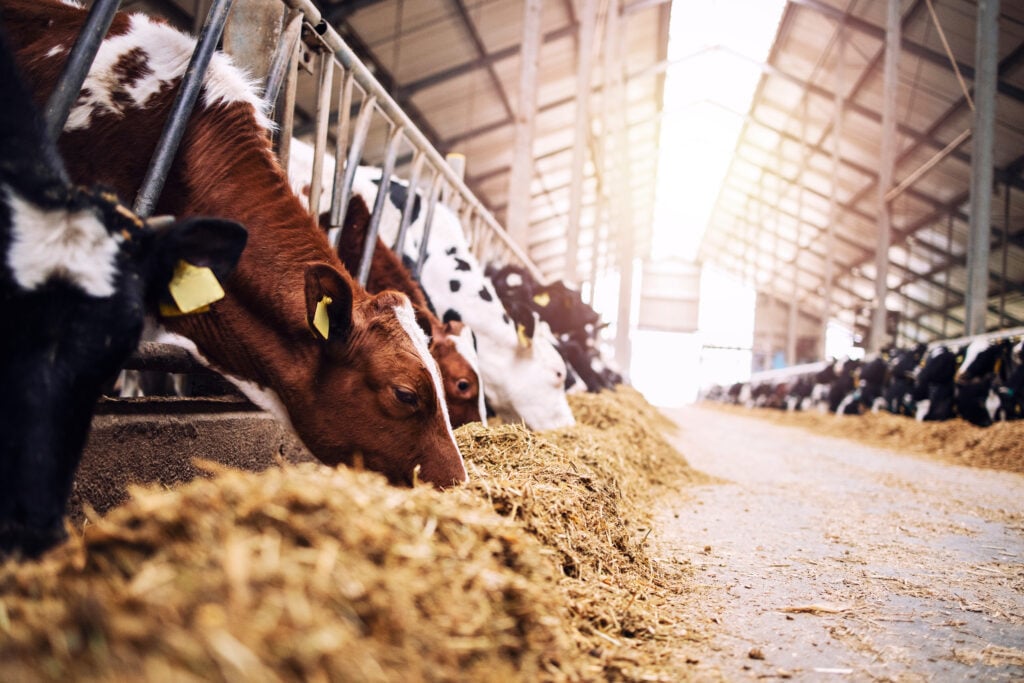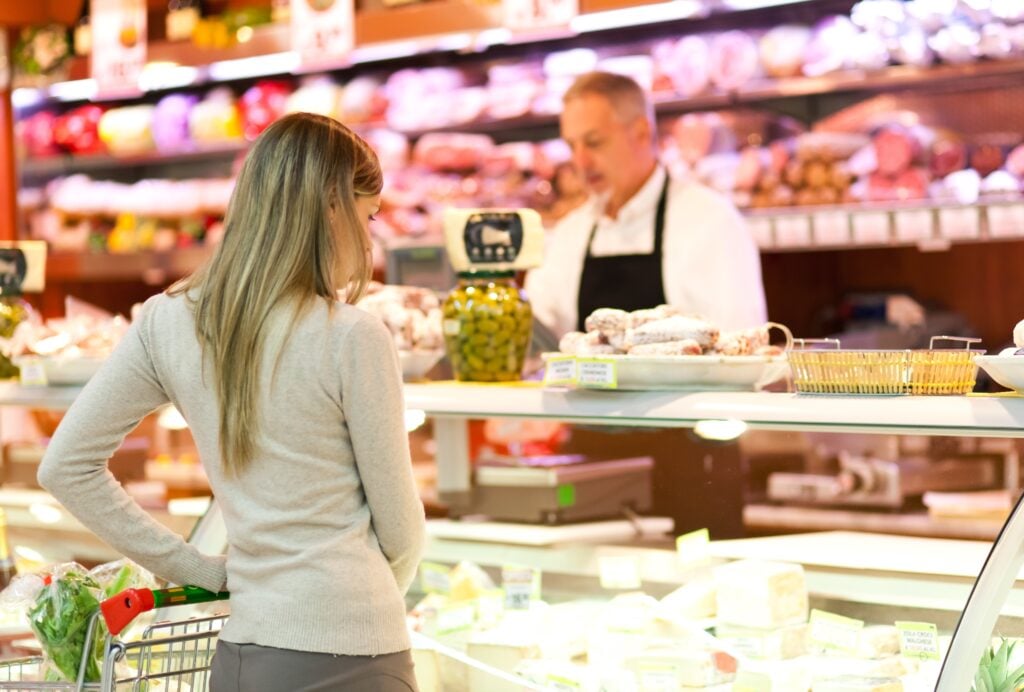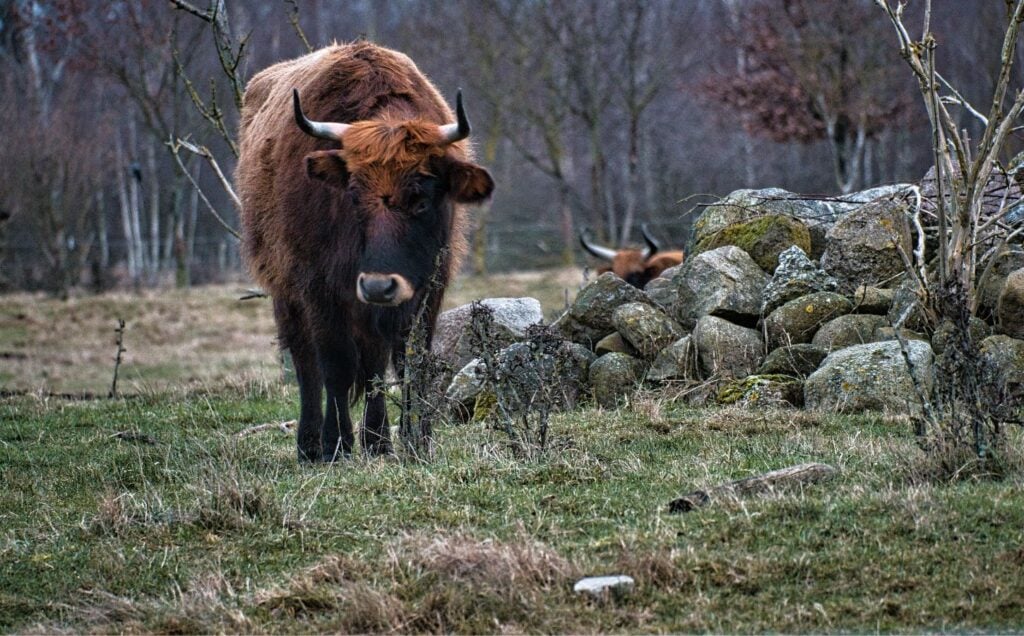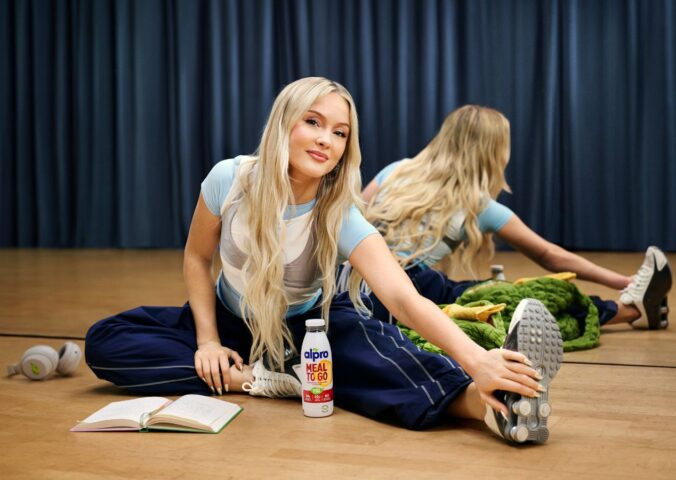Most Scottish farmers are willing to move away from livestock rearing entirely to support climate crisis mitigation efforts, a new survey has found.
The survey, from grassroots agriculture transition group Stockfree Farming, asked 51 farmers and crofters (those working smaller patches of land) from across Scotland a series of questions over a 12-month period between 2021 and 2022. A total of 14 online questionnaires and 37 on-farm interviews were conducted.
A majority (64 percent) of respondents with pasture or rough grazing land claimed they are willing to entirely move away from livestock. In its place, they would pursue carbon capture farming, if the financial support to do so is in place.
A majority (86 percent) of respondents claimed they are willing to adapt their farming style to help the climate crisis. Notably, 56 percent specifically stated that they would reduce their livestock numbers.
Addressing issues other than the climate emergency, 80 percent of farmers demonstrated a willingness to reconsider their focus areas, to align with increased consumer demand for plant-based foods.
“It seems we are reaching a tipping point where more people are realizing that growing valuable protein to feed animals which are then killed to provide less protein, in a less healthy form, is an outdated model,” one crofter said.

‘I’d happily have no beasts at all’
Stockfree Farming acknowledges that its findings might surprise people. It notes that farming lobbies and unions have been prolific in the past when defending the animal agriculture sector. It cites the National Farmers Union in particular, which has committed to seeing the sector reach net zero by 2040. Though it plans to do so without impacting animal agriculture or meat consumption.
However, as a result of its surveys and interviews, the group discovered that Scottish farmers are more open to agricultural transition than previously assumed.
Of those interviewed, several have already reduced their livestock numbers. This was a result of increased costs and in one case, concerns surrounding methane emissions. A small and undeclared percentage hold no animals at all anymore. This was due to being unable to afford to buy any, forcing them to take jobs away from the farm.
Other participants stated that the work involved with animal rearing is too demanding and better suited to younger farmers. In the case of two crofters, they also find it unethical. Stockfree Farming was “very surprised” by a long-time beef farmer revealing: “I’d happily have no beasts at all.”
Despite being willing to ditch animal agriculture, many participants cited a lack of financial support for arable farming as a primary reason for not embracing it. Surveys further revealed that 53 percent of respondents have already diversified their interests. Farm shops, conservation, and renewable energy production have been taken up to subsidize their income.
Farming and the environment
Reduced meat and dairy consumption is widely recommended as a meaningful action in the fight against the climate crisis. This is due to their environmentally damaging production methods and the inefficient caloric yield of end products.
At present, 85 percent of all UK agricultural land is used to graze animals or grow arable crops for livestock feed. However, meat and dairy combined provide just 32 percent of all calories consumed. They also account for less than half (48 percent) of protein intake.
While the number of people embracing plant-based diets is on the rise, meat and dairy are still consumed by the vast majority. To keep up with demand for meat and dairy products, animal agriculture has become increasingly intensive. As a result, farms are frequently overcrowded, with little regard for animal welfare and environmental best practices.
To feed the 80 billion animals who are slaughtered every year for meat, rampant deforestation is occurring. It is a particular concern in one of the world’s largest natural carbon sequestering sites, the Amazon rainforest. Current estimations state that three-quarters of all deforestation is motivated by agriculture. Furthermore, 41 percent is attributed to the beef sector alone, which is also a key driver of methane emissions.
Of those Scottish farmers and crofters surveyed by Stockfree farming, 92 percent claim to already have climate crisis mitigation in place. Some revealed that they are already walking around their land instead of using vehicles and no longer burning plastic waste. Others reported to be supporting rewilding efforts through woodland creation.
In addition, many are looking to use renewable energy by installing solar panels and wind turbines on their properties. These developments come alongside organic farming considerations.
Scotland’s meat-free future?

Scottish farmers being willing to move away from livestock rearing could, inadvertently, lend support to a new petition that is calling for a countrywide meat ban.
Grassroots campaign Vote With Your Fork is seeking to help Scotland move towards a meat-free future. It is asking MPs to support a ban on both production and consumption of meat by 2040.
The petition secured more than 100 signatures and is now being considered by Parliament.






